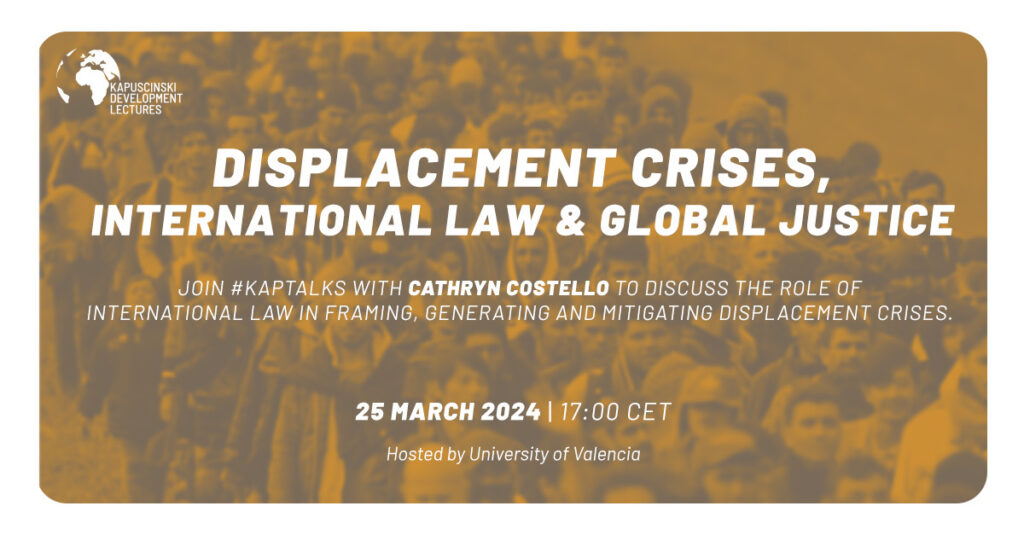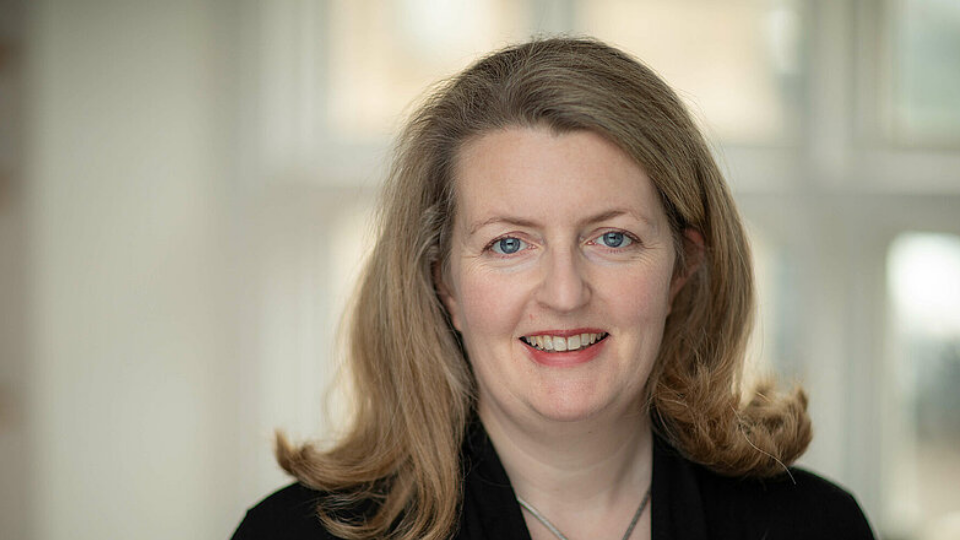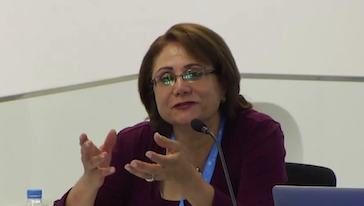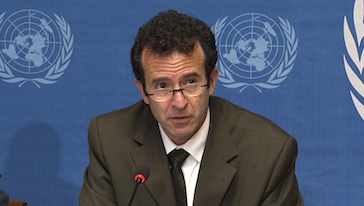
We are routinely told that there is a global displacement crises – with over 100 million people counted as displaced from their homes due to persecution, conflict and violence. Of those displaced, a minority flee externally, and of those, only some are ever legally recognised as refugees. Even fewer flee beyond their own regions, or reach the global north. A large proportion of those counted as refugees are born into refugeehood, often legally unable to bring their refugeehood to an end. This talk will explore the crisis framing, both what it reveals and what it obscures. It will demonstrate the role of international law in framing, generating and mitigating displacement crises. In an unjust world, characterised by inequality of mobility opportunities, racialised borders, and protracted refugee situations, the lecture explores if there are ways to mobilise international law towards global justice in this field.
In 2016 the international community reaffirmed the 1951 Refugee Convention the New York Declaration for Refugees and Migrants ‘as the foundation of the international refugee protection regime’. The subsequent Global Compact on Refugees (GCR) focuses on cooperation to foster responsibility-sharing for refugee protection. At the same time, international refugee law is routinely derided as ‘out-dated’ and ‘Eurocentric’. In 2020, one of the leading political philosophers of refugeehood, Seyla Benhabib, wrote of the ‘The End of the Refugee Convention?’ arguing that the ‘current refugee protection regime is not only inadequate for the life and well-being of the nearly 70 million displaced persons in our times, but that it also jeopardizes the demos by encouraging state practices that undermine international law.’ (Benhabib2020).
In contrast, on 28 September 2023 a Letter from global NGO leaders to the UK Government appeared in The Guardian, stating that the Refugee Convention ‘continues to offer an adequate framework for supporting refugees and asylum seekers. In an unstable world, where needs are growing, the refugee convention is as important and necessary as ever.’ So which is it? Is international refugee law inadequate to current displacement? Does it lead governments inexorably to abuse human rights? Is it effective or ineffective, protective, puny or punitive? This lecture offers a systematic overview of the practices in the global refugee regime, and identifies a course to understand the practices and their impact.
Hosted by the University of Valencia.
The Kapuscinski Development Lectures is an initiative funded by the European Commission.
When: 25th March 2024 at 17:00 CET / 16:00 GMT
Where: Facultad de Derecho / School of Law, salón de grados, Campus Tarongers Edificio Departamental Occidental, av. Tarongers s/n 46022 Valencia
You can join the lecture by:
- coming to the event at the University of Valencia
- joining the event online on Zoom – register here
- following livestreaming from the event at kapuscinskilectures.eu
- asking your questions to Cathryn Costello via X using #KAPTalks hashtag


